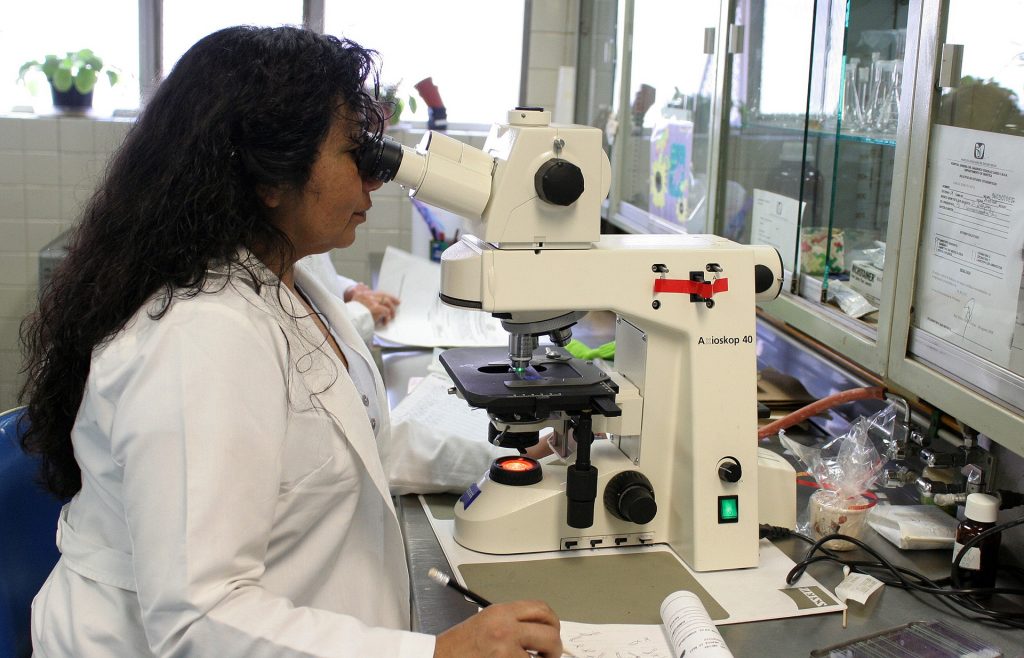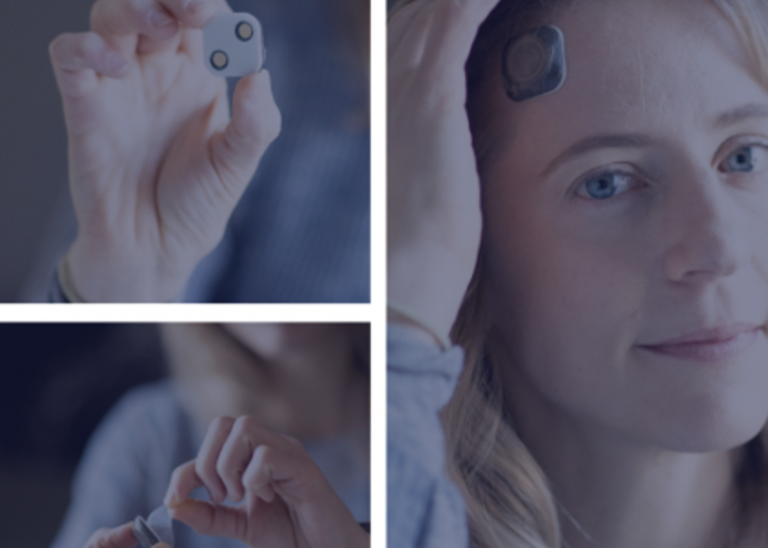
The current public health crisis has changed the way we live and work. With the advent of social distancing, shelter-in-place policies, and telecommuting for those who can do so, life looks a little different these days.
While many of us wake up each morning and “commute” to our home offices or kitchen tables, healthcare workers and essential employees report to the frontlines — among them, scientists, engineers, and technology innovators who report to the lab each day.
And it’s safe to say, scientists, engineers, and innovators have stepped up to the challenge. They are working intently and purposefully to make urgently-needed treatments, vaccines, and critical supplies available — and fast.
In fact, scientific innovation and much-needed collaborations have exploded since Covid-19. It seems that open innovation has never been more in vogue. Here are some of the latest innovations in response to the health crisis that we found inspiring — and we think you will, too.
The race to develop effective treatments and vaccines
Advances in genetic technology over the past 10 to 15 years have provided awesome tools. Within a month of Covid-19’s emergence, researchers sequenced the genome of the SARS-CoV-2 virus, the single-stranded RNA virus responsible for the disease. And in just a few weeks, scientists around the world began working on vaccine candidates.
Moderna Therapeutics, in collaboration with the NIH, is pioneering one such effort. Moderna developed a new approach to a vaccine based on their RNA virus technology. The vaccine candidate entered Phase I clinical trials in mid-March. And if all goes well, the candidate will be fast-tracked by the FDA. Many challenges lie ahead for the vaccine to be declared both safe and effective, but experts are hopeful that the Moderna vaccine will reach the global market as early as 2021.
A vaccine is critical for the prevention of Covid-19 infections, but we also need effective treatments. Unfortunately, drug development is a slow process. Like vaccines, new drugs must undergo rigorous testing before reaching patients.
One way to bypass this problem is to re-purpose existing drugs for new uses. Drugs on the market for other indications have already been declared safe by the FDA. Amongst these, Gilead recently entered Phase III clinical trials in the US for the antiviral compound, Remdesivir.
In the past, Remsdesivir has been used to treat Ebola. In the fight against Covid-19, Remsdesivir has already been used as an experimental therapy in over 1,000 cases. The results show some promise, but only time will tell if Remsdesivir can effectively treat the disease.
Preventing community spread with effective screening
Early detection of Covid-19 has been a problem since the beginning of the health crisis. The test that is currently available relies primarily on polymer-chain-reaction (PCR) technology. PCR requires specialized staff, equipment, and many hours to read results.
To overcome this challenge, the Brazilian medtech startup, Hi Technologies, is developing a portable diagnostic system called HiLab. The HiLab system consists of a mini-lab set up and a test kit.
Hi Technologies promises to deliver test results in 15 minutes without the need for specialized staff or a laboratory environment. They plan to begin patient testing in mid-April.
As rapid tests become available, healthcare providers can test more people. With wider testing, we can gain deeper statistical insights into the disease and the crisis as a whole. These insights will also allow us to better flatten the curve to prevent our healthcare systems from becoming saturated. We can’t wait to see what’s next for Hi Technologies and their HiLabs testing system!
A new generation of PPE
Critical medical supplies have been in extremely low supply since the beginning of March. Some of these supplies include protective face masks, face shields, and sanitizers. But innovators around the world are working hard to fight this shortage. They are well on their way to developing better personal protective equipment (PPE), and even new ways of manufacturing it.
At Northwestern University in Chicago, one research team has developed self-sanitizing face masks. Another group started 3D printing face shields.
In Israel, two startup companies, Argaman and Sonovia, have pioneered novel reusable antiviral masks. The masks offer greater sustainability than single-use surgical masks and standard N95 masks, without compromising safety.
From the US to Israel and beyond, new products, designs, and manufacturing methods can help us overcome acute PPE shortages — and may even mark the beginning of the next generation of PPE.
The importance of tracking epidemiological data
Data science and artificial intelligence (AI) technologies have dominated the tech world for the past several years. It’s no surprise, then, that these technologies are emerging as key players in the fight against Covid-19.
The Toronto-based startup, BlueDot, is using AI to track the current health crisis, and also to predict new epidemics. Armed with this technology, we can better prepare for infectious diseases and prevent further spread, thus minimizing the impact of these diseases on our communities.
Meanwhile, researchers at MIT and Harvard, in collaboration with major tech companies like Uber and Facebook, have developed an open-source software called Private Kit: Safe Paths. The software detects local infections and alerts users if they have encountered an infected individual. Private Kit: Safe Paths is a game-changer for contact tracing. If we can effectively identify and isolate individuals who have been infected, we can prevent new hotspots from cropping up.
The Covid-19 crisis evolves daily. Luckily, there is no shortage of innovations seeking to help.
Have you come across another inventive solution to the healthcare crisis you’d like to share? Tell us about it in the comments!



